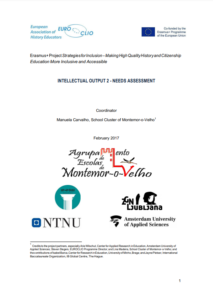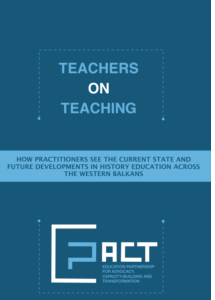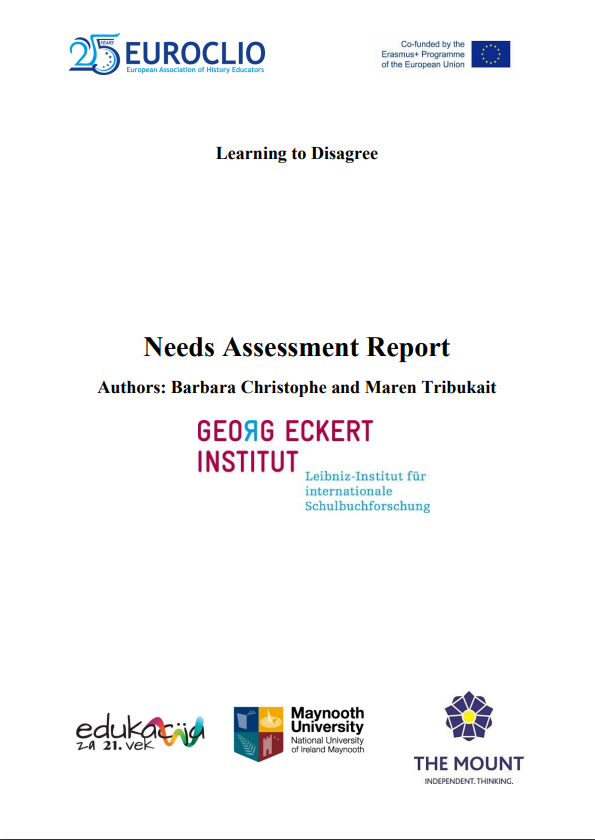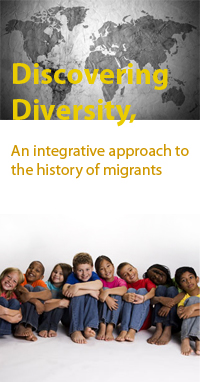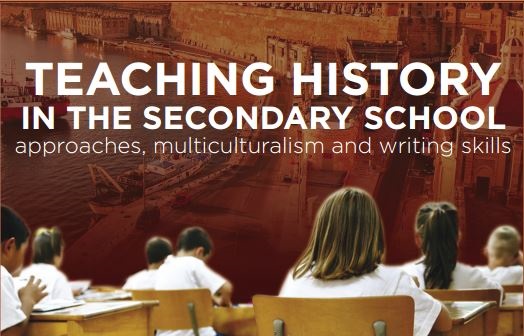This research was made as part of the project 'Strategies for Inclusion' which aims contribute to make the teaching and learning of history and citizenship at schools more inclusive and accessible for learners with special educational needs and disabilities. It has helped enhanced equity, diversity, and inclusion of educational systems overall, while strengthening the profile of teaching professions and the quality through mobility and cross-border cooperation.
This assessment was made to ensure that the educational resource developed in the project met the needs of educators who are directly involved in teaching and learning of inclusive history and citizenship education and provide insight for policy recommendations. Collected inputs aimed to provide better understanding on what real barriers to learning history and citizenship are from the point of view of educators, ensure that educational resources developed in the project met the need of students and educators. The results of selection of existing resources targeted educators currently working as history and citizenship educators. The output represents views of inclusive practitioners of both integrated and specialised schools and educators teaching students with diverse learning needs. Needs assessment involved opinion of 193 educators from 33 countries. Inputs were geographically, and gender balanced and relevant for history and citizenship education. Considering the characteristics of the target population in this study a convenience sampling was employed being the participant teachers those who volunteered to respond to the questionnaire. The questionnaire consisted of 28 closed questions and one opened, written in English.
The goals set the involvement of at least 100 history and citizenship educators from a variety of educational sectors and schooling cycles, from primary to higher education, working in at least 15 (mostly European) countries. Inputs should be geographically and gender balanced and relevant for the target school subject
You can read the whole research here.

Innovating History Education for All – Needs Assessment

Learning to Disagree – Needs Assessment

Discovering Diversity: 6 Case Studies
Discovering Diversity is an educational project on the history of [...]

Teaching History in the Secondary School
[siteorigin_widget class=”SiteOrigin_Widget_Image_Widget”][/siteorigin_widget] This book focuses on three basic notions which [...]

